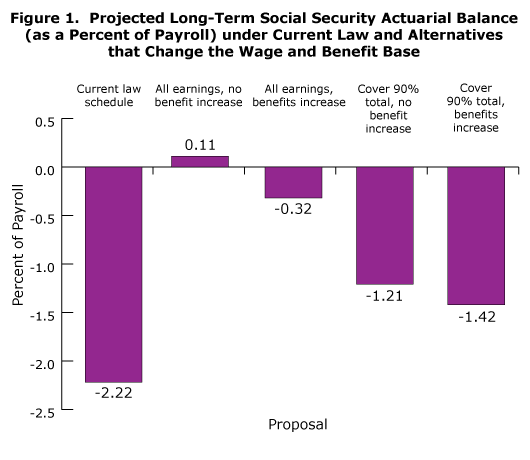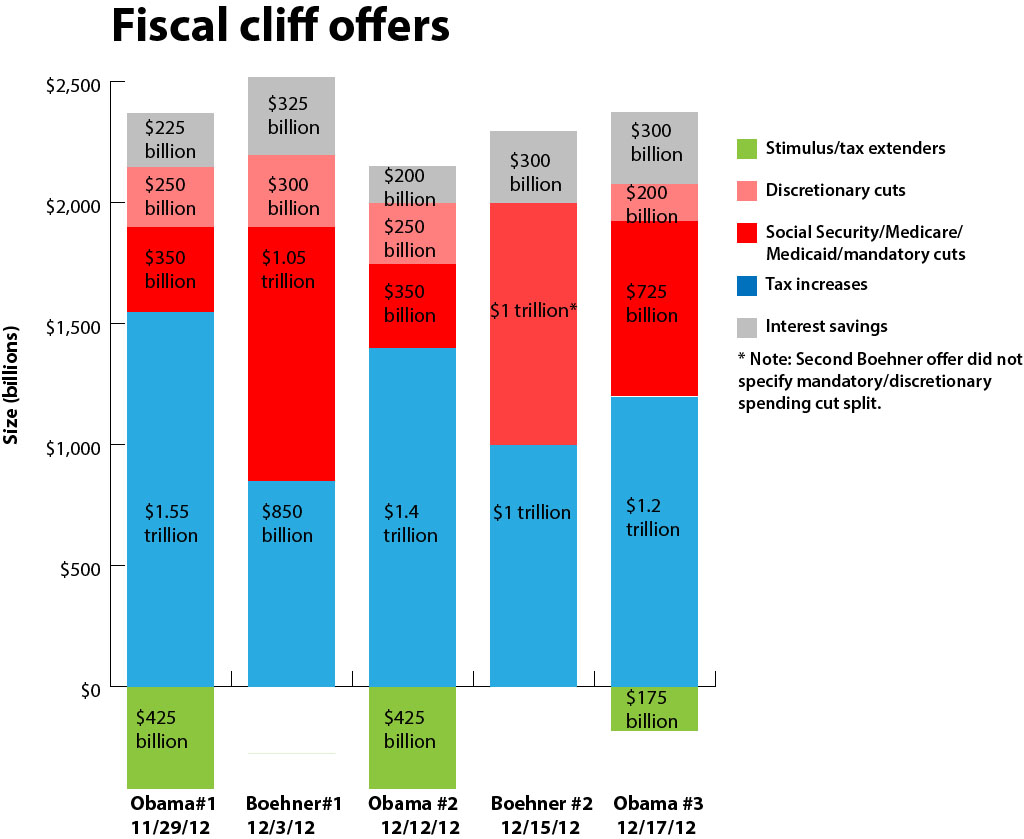Interesting Q&A at Wonkblog between Ezra Klein and Chana Joffe-Walt, “I thought I knew what being disabled meant, and I don’t.” Klein’s intro:
Over the weekend, “This American Life” and “Planet Money” ran a story by Chana Joffe-Walt looking at the extraordinary growth of America’s disability insurance system. Joffe-Walt visited Hale County, Ala., where one-in-four residents is on disability, looked at the lawyers who specialized in winning disability cases against the government (and getting paid by taxpayers for it), and spent time with a young child whose disability check has become the key to his family’s survival.
The result is a detailed, nuanced, and discomfiting look at a social insurance program that has become a catch-all for the failures of both our economy and our safety net. It’s worth reading, or listening to, in full. I spoke with Joffe-Walt on Wednesday. A lightly edited transcript of our conversation follows.
Full disclosure: Based on listening to her reports on NPR in the past I don’t have a high opinion of Joffe-Walt as a reporter but, that said, the Q&A she does with Klein is instructive. It’s worth reading. (I haven’t listed to the This American Life/Planet Money story yet but I intend to.)
At the end of their Q&A Klein links to Brad Plumer’s interview with Harold Pollack. Pollack offers some important complementary information and a critique of the This American Life/Planet Money story.
Finally, here’s Jared Bernstein from two months ago with some hard numbers on Disability rolls, Disability Rolls and the Makers/Takers/Fakers Nonsense. Spoiler alert: Disability applications have shot way up over the past decade – more people do apply when jobs are harder to find – but the approval rate has gone way down at the same time. When you take age into account the award rates have grown very modestly, i.e., much of the growth in the absolute number of awards can be attributed to an aging population. (That’s not to downplay the growth but recognize it for what it is.)
UPDATE 3/30/13:
Continue reading →


